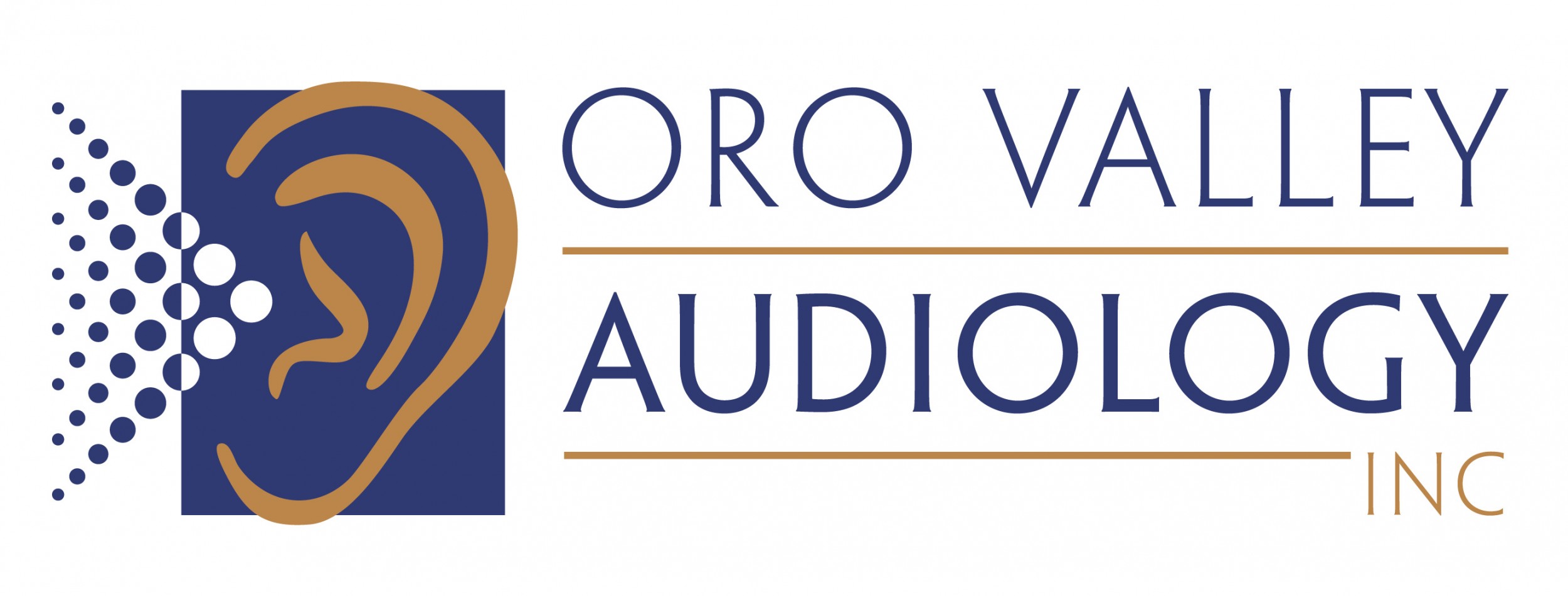What is auditory processing disorder?
Central Auditory Processing can be described as “what the brain does with what the ears hear.” Central Auditory Processing Disorder (CAPD) is when the brain is not able to make sense of what the ears are hearing as a typical listener would. This is different from a hearing loss. Hearing loss can cause distortion in words so they do not sound clear to the listener; however, this is not the same as CAPD. Individuals with CAPD most often have normal hearing. There are different types of CAPD. Each type is associated with dysfunction in a different part of the brain.
Signs and Symptoms
Some signs and symptoms of CAPD are difficulty telling where sounds are coming from, difficulty understanding speech in the presence of background noise, or when speech is muffled or garbled. Individuals with CAPD also may have difficulty following multi-step instructions, difficulty remembering facts that are presented verbally, and may have trouble in school especially with spelling or reading. It may also be difficult for them to do well with word problems in math. They may ask for repetition often or be slow to process speech. People with CAPD might not have all of these issues depending on the type of CAPD they have. Some of these are also signs of hearing loss. A hearing loss must be ruled out before testing for a central auditory processing disorder.
Causes
The cause of CAPD is not always straightforward. There is dysfunction in the brain that causes this disorder. There are risk factors that can increase the likelihood that an individual has CAPD. Some of those risk factors are prematurity, low birth weight, lack of oxygen at birth, prenatal drug exposure, history of meningitis, encephalitis, cytomegalovirus, lyme disease, heavy metal exposure, stroke, and traumatic brain injury.
Who do you see for a diagnosis?
Professionals such as speech-language pathologists or psychologists can screen for CAPD; however, an audiologist must make the diagnosis. Not all audiologists perform testing for auditory processing, so make sure you find one that specializes in CAPD.
Diagnosis and Testing
There are specific tests that the audiologist will perform to try and identify if the individual has a deficit in any area. The audiologist will look at the individual’s ability to listen dichotically (when different things are presented in different ears at the same time). For example, in the left ear, the individual will hear the word “birthday” and in the right ear, they will hear the word “toothbrush.” The individual would be asked to repeat both words. The audiologist will also look at how the individual can understand speech that is degraded or in the presence of background noise. They will also be tested on how they are able to tell the difference between sounds. For example, they will hear a set of tones. They would label each tone as a high tone or a low tone. The audiologist will compare the responses to normative data and be able to evaluate if the individual has an auditory processing disorder.
What can you do at home to help?
You can use good communication strategies at home to help the individual with CAPD. Make sure you gain their attention before speaking to them, use brief instructions, and slow down your speech if they are having trouble understanding you. Also, make sure you allow them more time to process and don’t interrupt them if they take longer to respond.
What can you do at work or school to help?
You can use visual aids, list keywords or phrases on the board before a lesson or meeting, and let them sit close to the speaker. It also helps if you explain the lesson or meeting objectives before starting to help them see the big picture. Giving them a quiet area to work will also help them to focus. Some individuals with CAPD also benefit from a soundfield system. This will amplify the teacher or presenter’s voice to help the individual hear them above any background noise.
Treatment Options
There are auditory training programs to help individuals with CAPD. The auditory training program should be geared toward the specific type of central auditory processing disorder that the individual has. It will target a specific area of the brain that the individual needs to strengthen. Auditory training programs can be done on a computer at home or be in person with an audiologist or other professional such as a speech-language pathologist.


